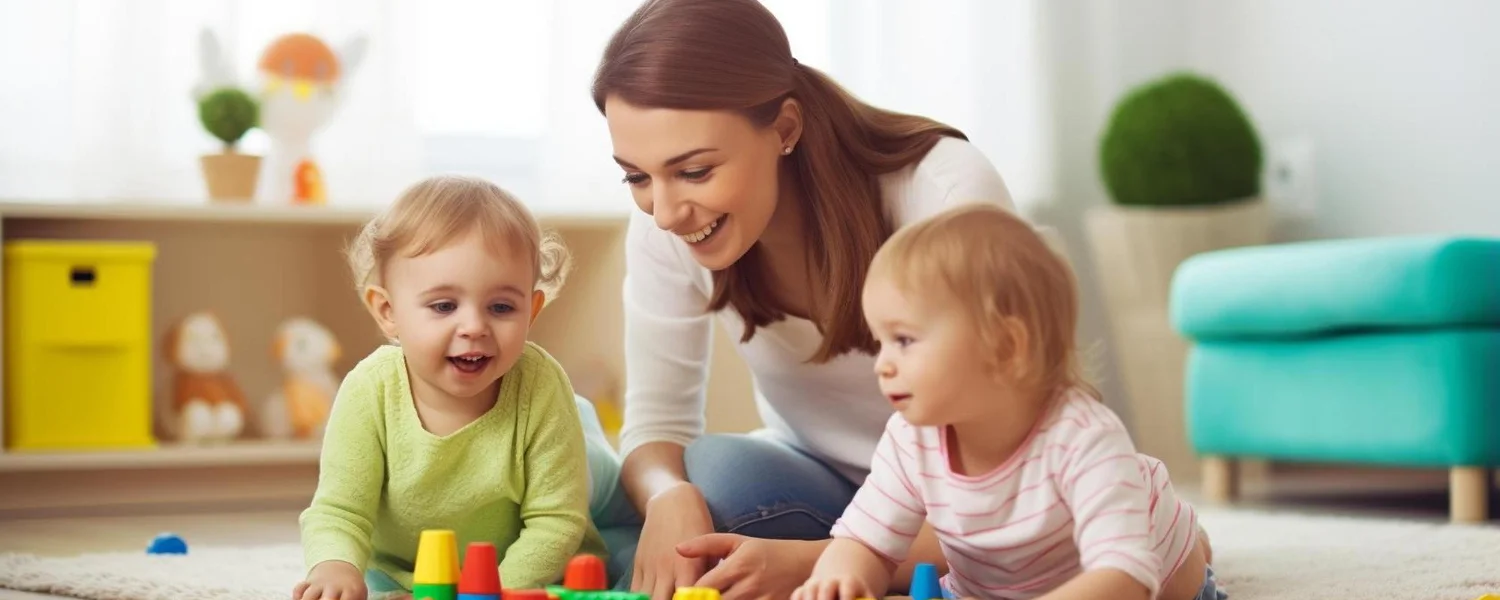
What Is Emotional Intelligence?
Emotional intelligence consists of several core components that work together to influence how we interact with others and respond to our own emotional experiences. These components include:
Self-Awareness: The ability to recognize and understand your own emotions and how they affect your behavior. People with high self-awareness can accurately assess their strengths and weaknesses and are mindful of how their emotions impact others.
Self-Regulation: The capacity to control or redirect disruptive emotions and impulses. Individuals who can self-regulate tend to be calm, flexible, and adaptable in stressful situations, avoiding impulsive actions and maintaining a sense of balance.
Motivation: Emotionally intelligent people are often motivated by internal factors, such as personal growth, achievement, and fulfillment. This intrinsic motivation helps them stay focused on long-term goals, even in the face of setbacks.
Empathy: The ability to understand and share the feelings of others. Empathy allows individuals to connect on a deeper emotional level and respond appropriately to others' needs, making it essential for strong relationships and effective communication.
Social Skills: Emotional intelligence involves strong social skills, which enable individuals to build meaningful relationships, communicate clearly, and resolve conflicts. People with high EI excel in teamwork, leadership, and collaboration.
The Importance of Emotional Intelligence
Emotional intelligence is key to succeeding in both personal and professional areas of life. People with high EI handle social situations more effectively, build stronger relationships, and manage stress more easily. They understand and respond well to others' emotions, leading to deeper connections whether in friendships, family, or work. High EI also helps individuals communicate better by expressing their own feelings clearly and listening with empathy, which is crucial for resolving conflicts and building trust. In leadership, those with high EI can inspire and motivate their teams, understand group dynamics, and handle conflicts in ways that promote cooperation and respect. Additionally, emotional intelligence helps people recognize their stress triggers and manage their emotions, leading to better stress management and resilience. Overall, being emotionally aware allows individuals to reflect on their experiences, learn from them, and grow personally.
How to Improve Emotional Intelligence
Although some aspects of emotional intelligence may come more naturally to certain individuals, it is a skill that can be developed over time. Here are some strategies for improving emotional intelligence:
- Practice Self-Awareness: Take time to reflect on your emotions and how they influence your thoughts and behaviors. Journaling or mindfulness practices can help you become more in tune with your emotional states.
- Work on Self-Regulation: When faced with stressful situations, practice pausing before reacting. Techniques like deep breathing, counting to ten, or taking a short break can help you manage impulsive reactions and respond more calmly.
- Develop Empathy: Make an effort to understand others' emotions by putting yourself in their shoes. Active listening, asking questions, and showing genuine interest in how others feel can enhance your ability to empathize.
- Set Personal Goals: Cultivate intrinsic motivation by setting goals that align with your values and passions. Focus on personal growth and improvement rather than external rewards or recognition.
- Enhance Social Skills: Strengthen your social connections by improving your communication and teamwork abilities. Engage in active listening, offer constructive feedback, and show appreciation for others' contributions.
The Role of Emotional Intelligence in Child Development
For children, emotional intelligence is key to their social and emotional development. Teaching children to recognize and manage their emotions can set them up for success in their interactions with peers, family members, and teachers. Children with high EI are more likely to build positive relationships, manage stress, and develop problem-solving skills.
Parents and educators can nurture emotional intelligence in children by modeling healthy emotional behaviors, encouraging open conversations about feelings, and teaching conflict resolution strategies. For children with developmental disabilities, understanding their emotions and how to regulate them can be even more critical, as they may face additional social and emotional challenges.
We offer specialized support for children with developmental disabilities, focusing on nurturing their emotional intelligence. By helping children understand and manage their emotions, we aim to promote social success and emotional well-being. Book a session today and let us help your child develop the skills they need to thrive in their relationships and personal growth.
Related Blog
14 Sep 2024 | Learning and Development
Special Needs for Children with Developmental Disabilities
Children with developmental disabilities face unique challenges that require sup...
14 Sep 2024 | Learning and Development
Supporting Gifted Individuals: Understanding Their Needs and Nurturing Their Talents
Gifted individuals often possess exceptional abilities or talents that set them ...
14 Sep 2024 | Learning and Development
Supporting Children with Learning Difficulties
Learning difficulties affect a child’s ability to process, understand, or reta...



Comments
Total 0 comment in the post